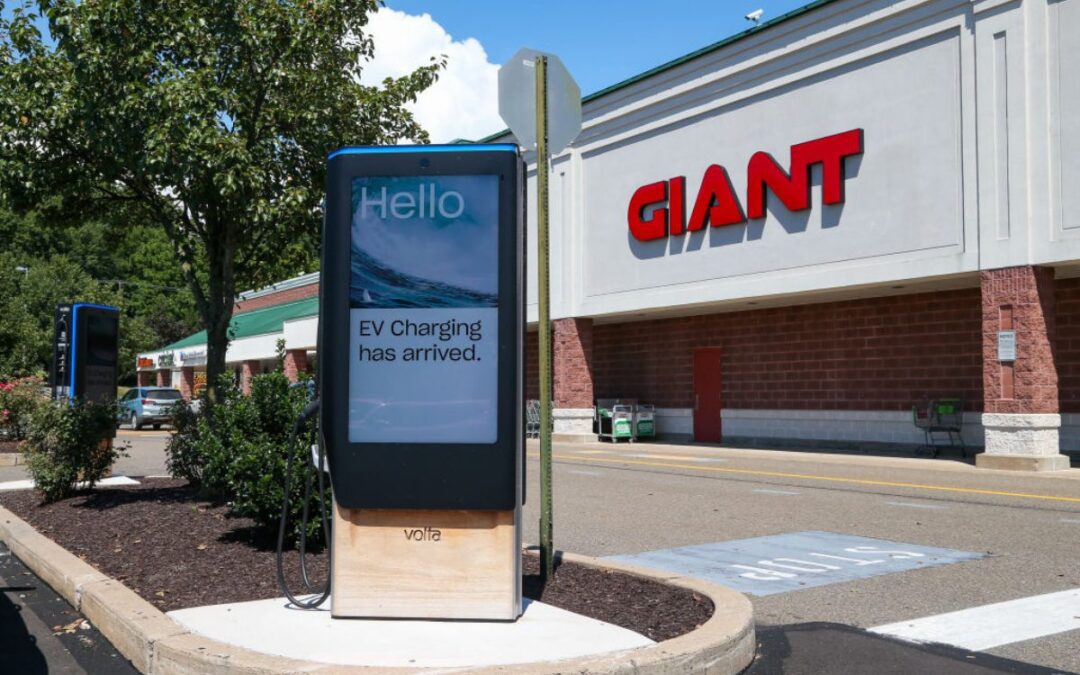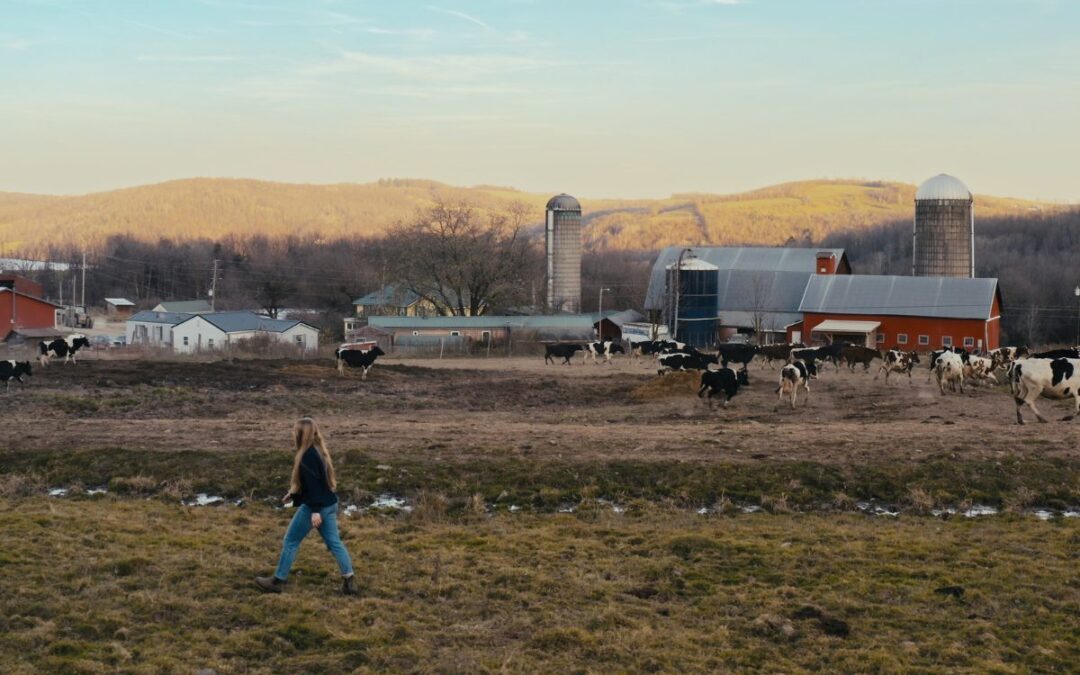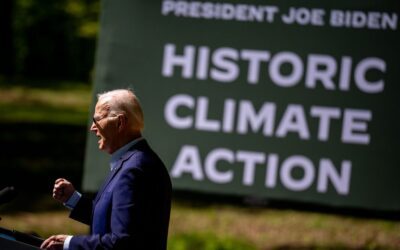
Using road salt to clear away snow and ice may be common in Pennsylvania, but that doesn't mean it's safe. (DimaBerlin/Shutterstock)
Villanova’s Dr. Steven Goldsmith reveals road salt’s extensive environmental impacts, stressing the need for alternatives to mitigate harm.
As winter tightens its grip across America, the familiar sight of road salt scattered on streets and sidewalks has become a seasonal constant. While this crystalline solution helps prevent dangerous ice formation, new research reveals concerning long-term consequences that extend far beyond the winter months.
The hidden costs of road salt: Environmental & health impacts
Research led by Villanova University’s Dr. Steven Goldsmith has uncovered alarming evidence about road salt’s effects on water systems. A 2022 study found Philadelphia’s tap water contained sodium levels six times higher than EPA recommendations for low-sodium diets during peak winter periods. More concerning still, these elevated levels persist year-round due to contaminated groundwater.
“When salt runoff enters streams, we’re seeing concentrations near that of seawater, which is devastating for freshwater organisms,” Dr. Goldsmith, associate professor of Geography and the Environment at Villanova University, said in a press release.
Beyond sodium: Multiple threats to infrastructure and safety
The impact extends beyond sodium contamination. Chloride from road salt corrodes drinking water infrastructure, potentially releasing harmful metals like copper, zinc, and lead into water supplies. This corrosion forces municipalities to spend additional money on protective chemicals for pipes.
Brine: A more efficient alternative
One promising solution is brine, a pre-mixed saltwater solution that’s roughly 23 percent sodium chloride. Unlike traditional rock salt, which often scatters off roads, brine penetrates pavement surfaces, preventing ice formation more effectively while using less salt. Studies indicate brine can reduce salt runoff by 23-40 percent compared to conventional methods.
Individual actions make a significant difference
Research suggests private salt applications on driveways, sidewalks, and parking lots may contribute ten times more salt than road applications. Dr. Goldsmith recommends using “a coffee mug’s worth of salt for every 10 sidewalk squares” as a guideline for responsible application.
While alternative de-icing methods like beet juice have shown promise in preventing ice formation at lower temperatures, they come with their own environmental concerns, including potential toxicity to aquatic life and increased algae growth. The most effective solution remains simple: using less salt overall while maintaining public safety.
Read More Here
Read More Pennsylvania News
This story was generated in part by AI and edited by The Keystone staff.
This article first appeared on Good Info News Wire and is republished here under a Creative Commons license.

Electric vehicles more popular than ever in Pennsylvania thanks to Biden/Harris’ Inflation Reduction Act
Electric vehicle ownership is continuing to grow in Pennsylvania due to the Biden-Harris administration’s Inflation Reduction Act. Residents are...

Biden’s Inflation Reduction Act helped boost two PA Dairy farmers’ yogurt business. Now its funding is at risk.
The Inflation Reduction Act helped two Northern Pennsylvania sisters expand their dairy farm and Icelandic yogurt business through the Farm Bill....

Opinion: Green or Greed? The Stark Contrast Between Biden and Trump’s Environmental Policies
As summer arrives and we enjoy more time outdoors, it's hard not to notice the huge differences in environmental policies between the two...

PA Senators Bob Casey and John Fetterman call for investigation into Big Oil amid price-fixing and collusion allegations
Senate Democrats joined their House counterparts in calling for an industry-wide investigation into Big Oil collusion and price-fixing allegations,...

Biden’s EPA announces rules to slash coal pollution, speed up clean energy projects
The Biden administration last month announced a set of four final rules designed to reduce harmful pollution from power plants fired by fossil...




